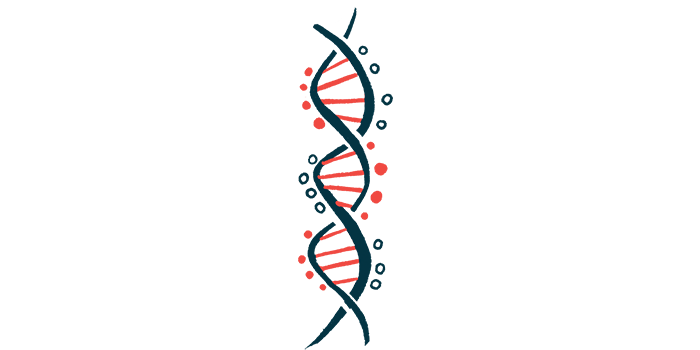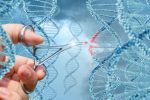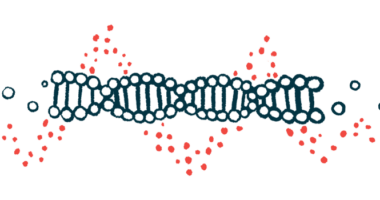UC Davis Scientist Awarded $1.36M to Develop Angelman Gene Therapy

A professor at the University of California (UC) Davis Health has been awarded a $1.36 million Discovery Stage Research Projects (DISC2) grant to develop a gene therapy for Angelman syndrome, according to a university press release.
David Segal, PhD, a professor in the departments of biochemistry and molecular medicine, and pharmacology, is also among faculty at the UC Davis Genome Center.
The DISC2 grant, from the California Institute for Regenerative Medicine (CIRM) and funded through The Quest Awards Program, promotes the development of stem cell and gene therapies.
Angelman syndrome is caused by a deficiency in the maternal copy of the UBE3A gene, which has the instructions for making the UBE3A enzyme. UBE3A targets proteins to be broken down within cells; its absence affects the development and function of the nervous system.
The maternal copy of the UBE3A gene is the only copy active in specific brain regions, with the paternal copy — the UBE3A gene inherited from the father — “turned off,” or silenced, by a small RNA molecule called UBE3A antisense transcript.
Gene therapies for Angelman aim to restore the enzyme’s function either by introducing a healthy copy of the gene or by “turning on” the paternal gene copy.
Segal and his team plan to develop a CRISPR-Cas13 gene therapy to turn on the paternally-inherited copy in deficient nerve cells, increasing UBE3A enzyme levels.
Their gene therapy will use an adeno-associated virus (AAV) to deliver an RNA nuclease (called Cas13) to the brain, where it will target and destroy the UBE3A antisense transcript. AAV is a weakened virus and generally considered well-suited for therapeutic purposes because it is good at infecting cells, but does not cause disease.
“This therapy uses a first-of-its-kind mechanism to bring much-needed new treatments that could directly benefit around 2,500 children and families living with Angelman syndrome in California and many more globally,” Segal said in the release.
A second DISC2 grant, totaling $1.4 million, was awarded Deborah Lieu, PhD, a professor of cardiovascular medicine, to develop a bio-pacemaker to restore heart rhythm.
Contrary to an electronic pacemaker, which has limited batteries that require periodical changes, a bio-pacemaker is made of specific cells that, when implanted into the heart, can produce electrical stimuli that mimic the organ’s natural contractile force.
Lieu and her team aim to develop a bio-pacemaker by injecting cardiomyocytes into the heart. These cardiomyocytes, cells responsible for controlling the heart’s rhythmic beating, will be derived from induced pluripotent stem cells (iPSCs) and from fibroblasts, cells responsible for the production of supportive (connective) tissue.
iPSCs, usually taken from the skin or the blood, are able to generate almost any type of cell in the body.







